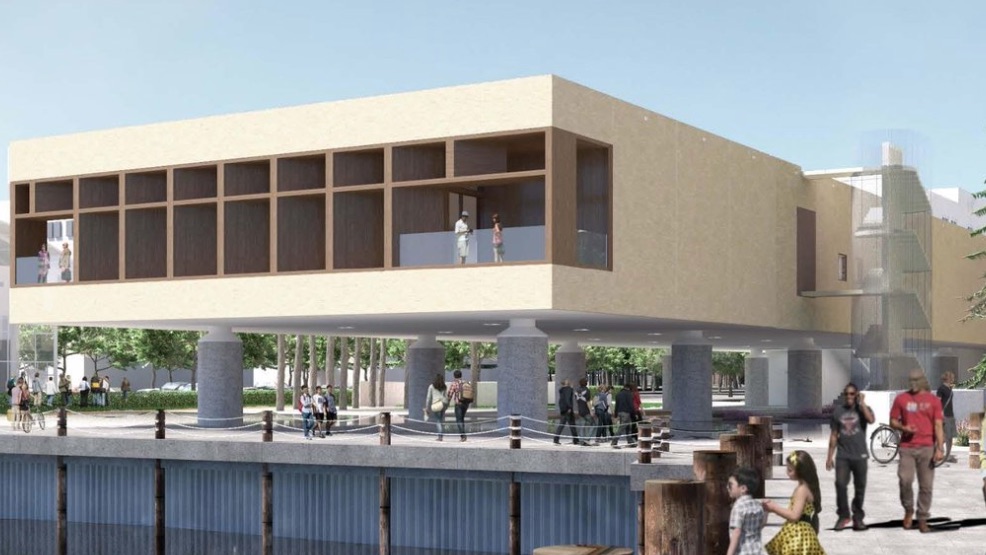Ahead of Tuesday's vote, community activists assembled Monday to discuss plans for the International African American Museum (IAAM) in downtown Charleston, scheduled to open in 2021.
The location bears considerable significance. According to Live 5 News, the museum's Gadsden's Wharf location is where almost half of enslaved Africans who arrived in North America anchored. This influence was seen in the rendered designs of the exhibits, as it will include full body sketches of African slaves. As you can imagine, some are arguing this blueprint isn't entirely representative.
"This museum insists on a chronology that begins at the point of African American enslavement when there are thousands of years distinguished African and African American history before that time. That's why we object to it. It tells a partial, but not nearly the whole truth," said Dr. Wilmot Fraser, a Charleston resident. "We can't have an institution that continues to perpetuate the lie that the most important thing about African Americans is their enslavement. That's simply not true."
You're Invited to a Special Announcement Event on August 16 | 9:30AM pic.twitter.com/nRIgTEzCoR
— IAAM (@iaamuseum) August 15, 2018
Post and Courier writes that the IAAM's construction was 20 years in the making, with about $60.2 million in funding that will go toward architecture and electricity.
"It's a very exciting moment in the history of the museum and our community," former Charleston Mayor Joe Riley said prior to Tuesday's vote. He also mentioned the museum's inception couldn't have happened without the contributions of 2,200 individual donors, including a $1 million grant from oil giant British Petroleum.
While Fraser is happy the IAAM will see the light of day, he just wants to make sure the stories are honestly interpreted.
"We have made tremendous contributions to this community especially. The Gullah people of the sea islands and coastal plains have made tremendous contributions to human civilization. And that has to be considered in anything that's built. We certainly want this museum to exist but we want it to tell more of the whole truth — not the partial truth of enslavement only."
A groundbreaking ceremony is scheduled for later this year.
